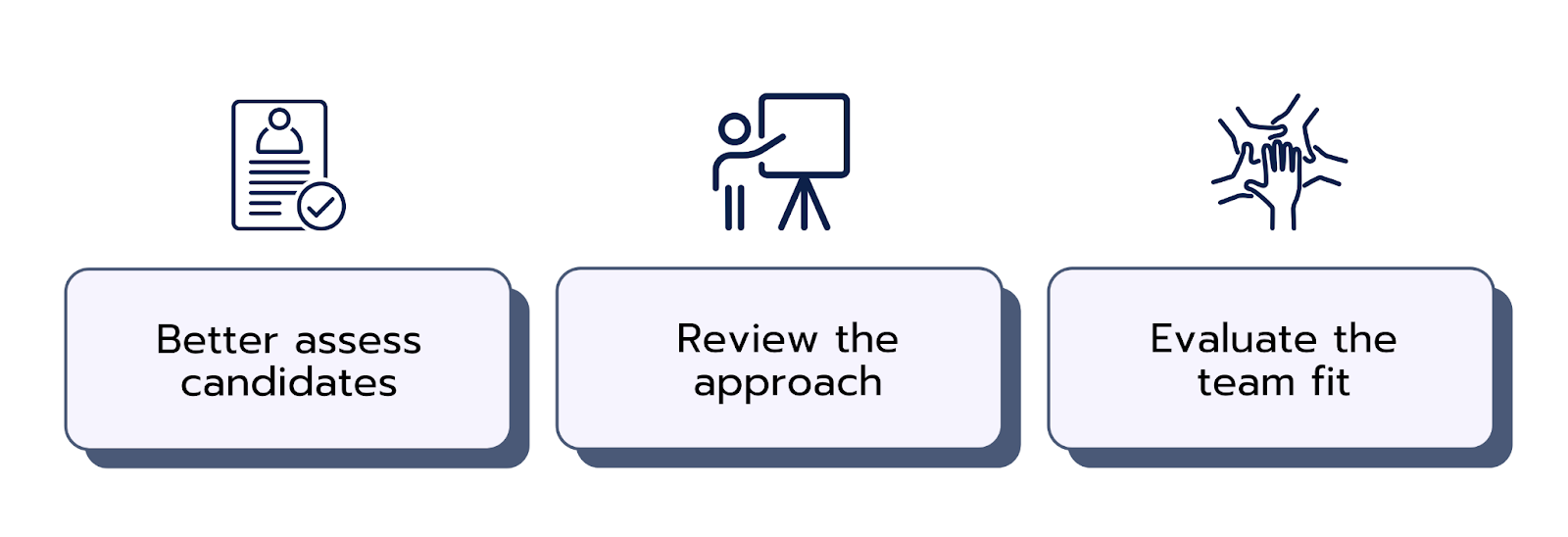If you're applying for a job in finance, you'll quickly notice that the interviews are tough. They are often challenging, highly technical, and very different from standard job interviews. Especially in the beginning, this can feel quite intimidating.
So why is that? Why do investment banks and other financial firms rely on this specific type of interview? And what can you take away from it as a candidate?
That’s exactly what we’re going to look at today. We will explain step by step what finance interviews are all about, why they are structured in such a unique way, and what valuable lessons you can take from the whole process.
What Exactly Are Finance Interviews?
Finance interviews are a key part of the hiring process at banks, investment firms, private equity companies, and consulting firms with a focus on finance. These interviews are specifically designed to assess skills that are essential for the job.
Typically, finance interviews test the following areas:
- Technical knowledge: You’ll need a solid understanding of financial statements like the balance sheet, income statement, and cash flow statement. Expect questions on company valuation and key financial metrics.
- Analytical thinking: Interviewers want to see how well you can break down complex problems, process information quickly, and structure your thoughts logically.
- Mental math: Fast and accurate mental calculations are often required, especially involving percentages, fractions, and large numbers, usually under time pressure.
- Communication and structure: Being able to explain your thinking clearly, argue your point in a structured way, and present yourself confidently is just as important as getting the right answer.
- Problem-solving: You might be given case-style questions that simulate real business situations. These test how you approach challenges and make decisions.
- Motivation and personality: Why finance? Why this specific firm? Interviewers are looking to understand your personal drive and whether you’re a good fit for the team and company culture.

